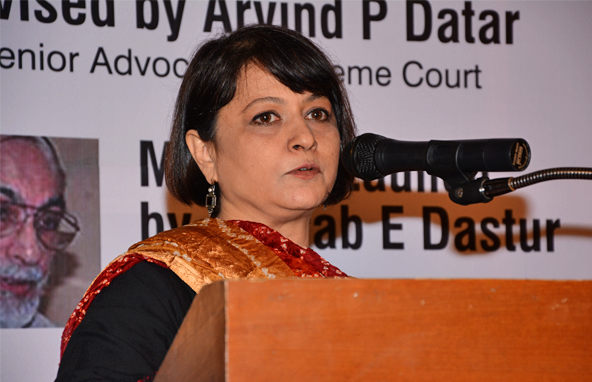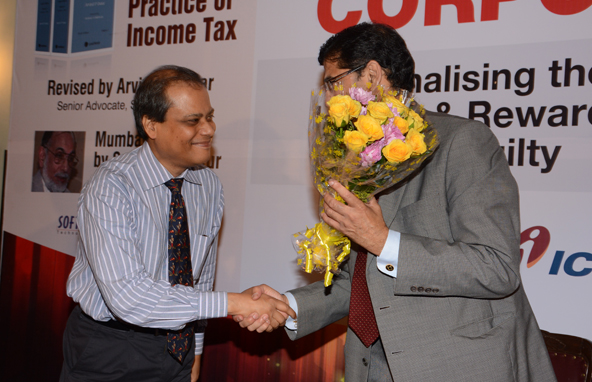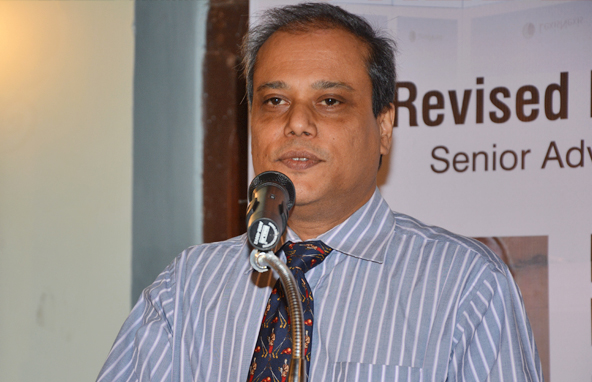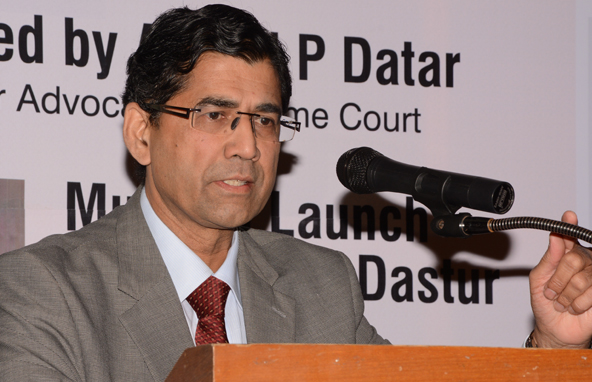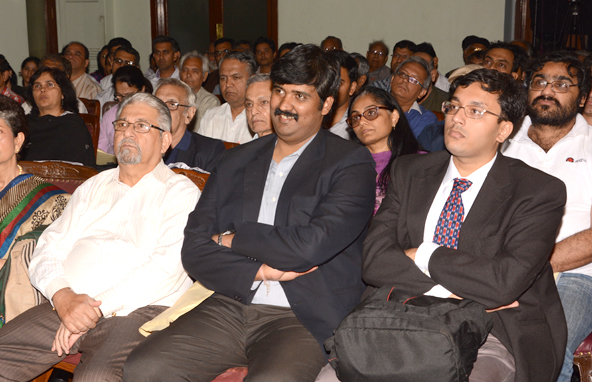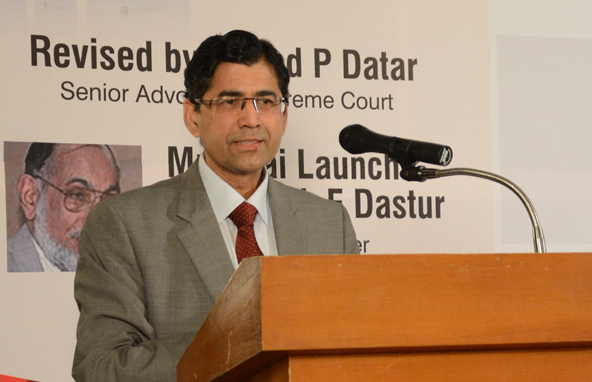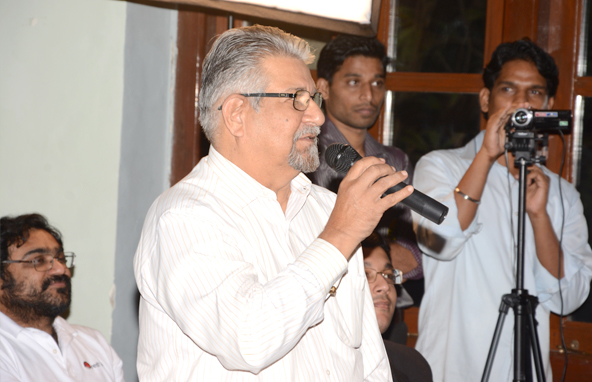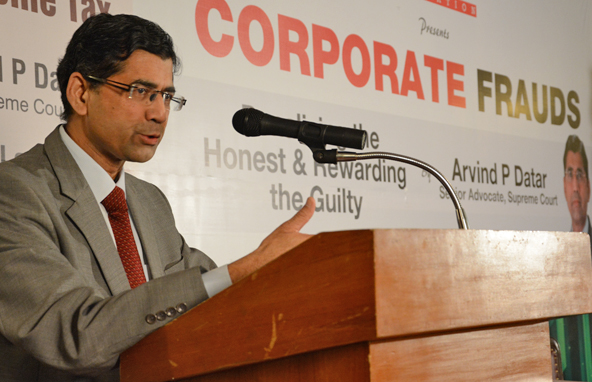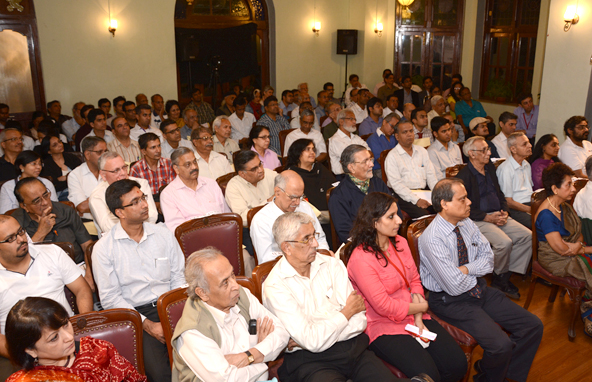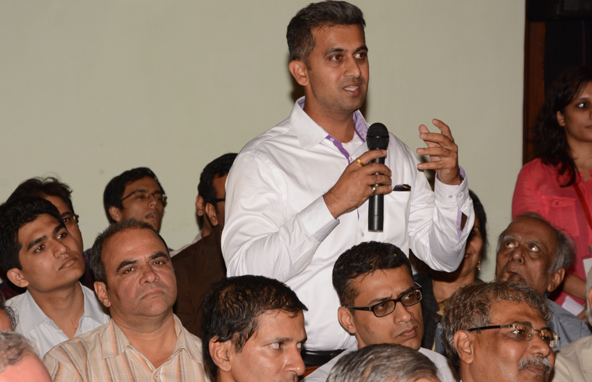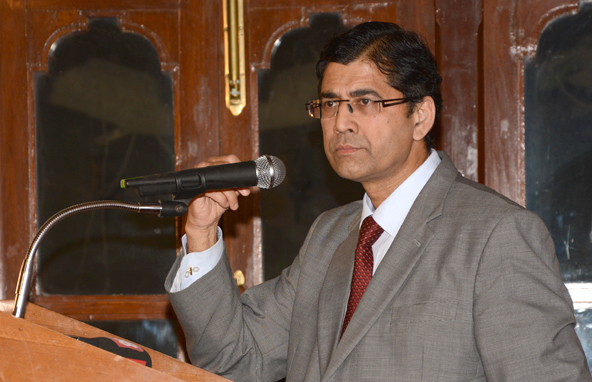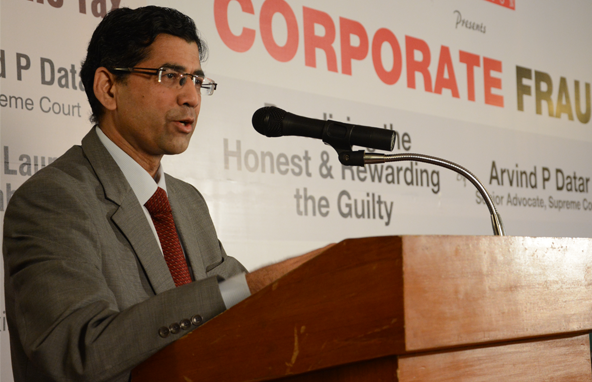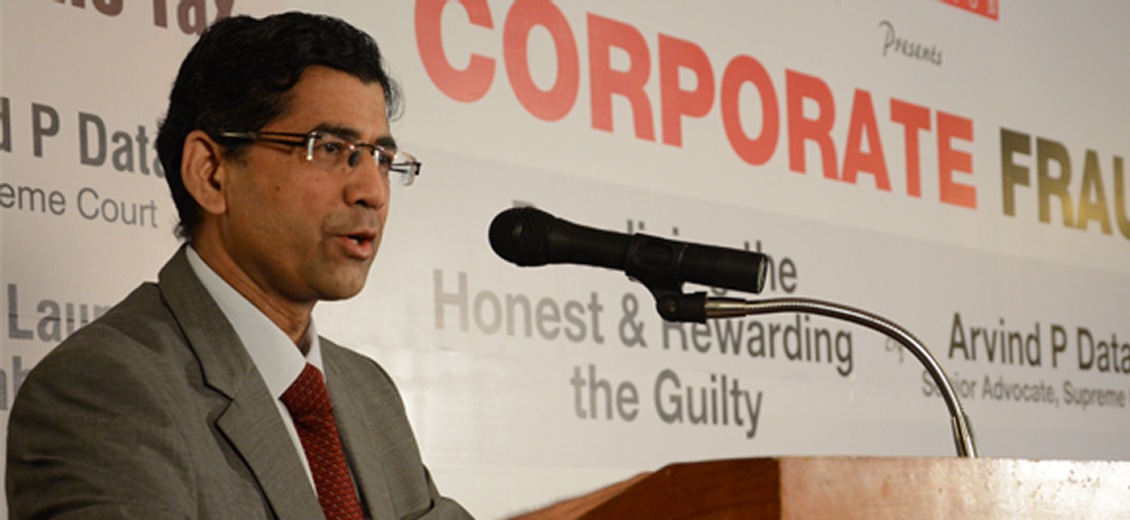
“After practising for three decades, one thing that I was repeatedly struck was the enormous delay in bringing the guilty to book. One almost has paid a premium on defaulters,” lamented Arvind P Datar, senior advocate of the Madras High Court, and also a prolific writer and the author of several seminal works.
Landmark judgments like the one in August 2012 order ordering two companies of the Sahara group to refund Rs24,000 crore to investors, are rare cases where the trial has moved fast. “But the fact of the matter remains that a group can raise Rs24,000 crore outside the purview of Securities and Exchange Board of India (SEBI), take money from three crore depositors and call it a ‘private placement’,” said Mr Datar, who represented SEBI in the case. He further said, “Ultimately what started in 2008 is at the final stages in 2014. But this case is an exception and has moved faster than other cases which have lingered for a number of years.”
“I can keep multiplying examples where people have committed frauds but nothing has happened. This is the unfortunate part where corporate frauds are concerned,” said Mr Datar who practices in the Supreme Court of India with taxation, company law and constitutional law as his specialisation.
The Sahara case was constantly stone-walled right from the beginning—issues whether the regulator SEBI has jurisdiction to whether the scheme was a private placement or public placement and so on and so forth. After the Supreme Court ruled that a refund should be paid to depositors, Sahara claims that out of the Rs24,000 crore that need to be refunded, Rs22,000 crore has already been repaid. The Supreme Court has now asked Sahara to reveal the source of the Rs22,885 crore with which it claimed it had refunded its investors, or be ready to face inquiry by the Central Bureau of Investigation (CBI) and the Registrar of Companies (RoC).
When the case started, Mr Datar contested Sahara Group’s claim that its OFCD (optional fully convertible debenture) were not a public issue and therefore, cannot be regulated by SEBI. “Does SEBI have powers under Section 55A (of the Companies Act)? My answer is yes. If OFCD is a security under the Securities Act, then it comes under the SEBI Act. And if it comes under the SEBI Act, then SEBI has jurisdiction. SEBI can (therefore) pass a special order to regulate unlisted companies,” Mr Datar claimed before the Securities Appellate Tribunal (SAT). Sahara had been ordered by SEBI to refund the money its two group companies had raised from the public through an OFCD issue. Mr Datar further explained how the Sahara companies’ OFCDs that were issued to the public were actually “a public offer dressed up as a private placement”.
Speaking on the sordid state of the judicial system, Mr Datar said, “On one hand you do not prosecute known cases of fraud and easy cases of fraud, don’t reach convictions, and therefore you generate contempt for the law. How does the industry survive? On one hand you penalise the productive sector and on the other hand you keep ignoring corporate frauds. At the end of the day things must improve, but a change will only happen if we mobilise a change.
Far too many Indians, who have burnt their fingers in the capital market, are losing enormous sums of money in seemingly safe investments that turn out to be mere ponzis. Mr Datar gave examples of numerous cases of corporate frauds such as the Rajat Gupta insider-trading episode in the US, the teak plantation scam, the Nidhi schemes in Maharashtra, the Satyam scam and several other such cases.
Mr Datar spoke about Rajat Gupta, who became the managing director of McKinsey & Co at an age of 48, and was later on the board of Goldman Sachs, Procter & Gamble and several other companies. “He was a spectacular achiever in every sense of the word. But just three phone calls finished his entire career,” narrated Mr Datar. Being a director, Gupta was privy to confidential information and he used this insider information to conduct trades on which he made enormous returns. Post-this, 70 prosecutions and 55 convictions took place against Gupta, sending his career crashing down. What is more important to note is that the charge-sheet was filed in October 2011, the trial started in October 2012 and on 8 January 2013 he was sentenced to two years prison. “That is the speed in which the conviction happens. And there are several such high-profile cases, like the Enron scam, where there were speedy trials,” explained Mr Datar.
However, in India, the scenario is different. All over the country there are several schemes which defraud consumers and investors. One such scheme was the teak plantation schemes. Giving another example, Mr Datar said, “In Chennai, four lakh families saw their savings wiped out in one such schemes which amounted to over Rs1,100 crore. Keeping in mind the magnitude of the fraud, the Madras High Court started what is called the Economic Offences Wing (EOW), to deal with such frauds. But after as many as 14 years, there has been not one conviction.”
“What amazes me is this, if company fails to payback a deposit, the magistrate must fine twice the amount of the deposit, pay 100% to the investor and keep 100% for the state or sentence the defaulter to five years of prison. In my life, I have not seen anyone going to jail for not repaying depositors. Companies just find ways to delay the trials,” he said.
One other case is that of Satyam. Elaborating on the case, Mr Datar said, “We have got the laws, we have got the regulations, but the basic sections are not implemented. Over the period of six to seven years of fudging the accounts, in the last year before Satyam went bust, the company showed totally Rs5,200 crore of fictitious income abroad. Just a few days back Ramalinga Raju, former founder-chairman of Satyam and his family members were convicted for IT fraud and it took seven years to do that.”
Was there another route to speedier justice? Mr Datar said, “According to the Company Act, there is simple section of just three lines—Section 628, which says if there is false statement in any document, prospectus, balance sheet or profit and loss account, the person can be sent to jail for two years. Similarly Ramalingam Raju, could have been convicted for two years based on his submission in a letter to the board that the fixed deposits were non-existent. It was an open and shut case, but it was not done.”
Answering a question on what amounts to fraud? Arvind Datar says “Fraud is defined under the Indian Contract Act as suppressing the truth, false suggestion, making a promise without intention of keeping and act of deceit.” Does silence amount to fraud? “Even this is answered. Silence will amount to fraud if there is a duty to speak,” Mr Datar told the audience.


